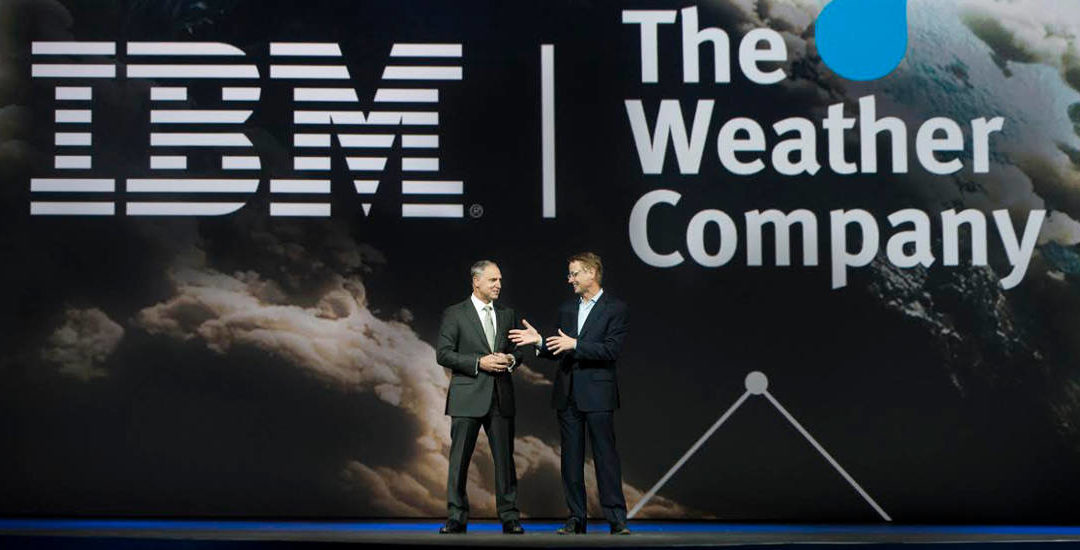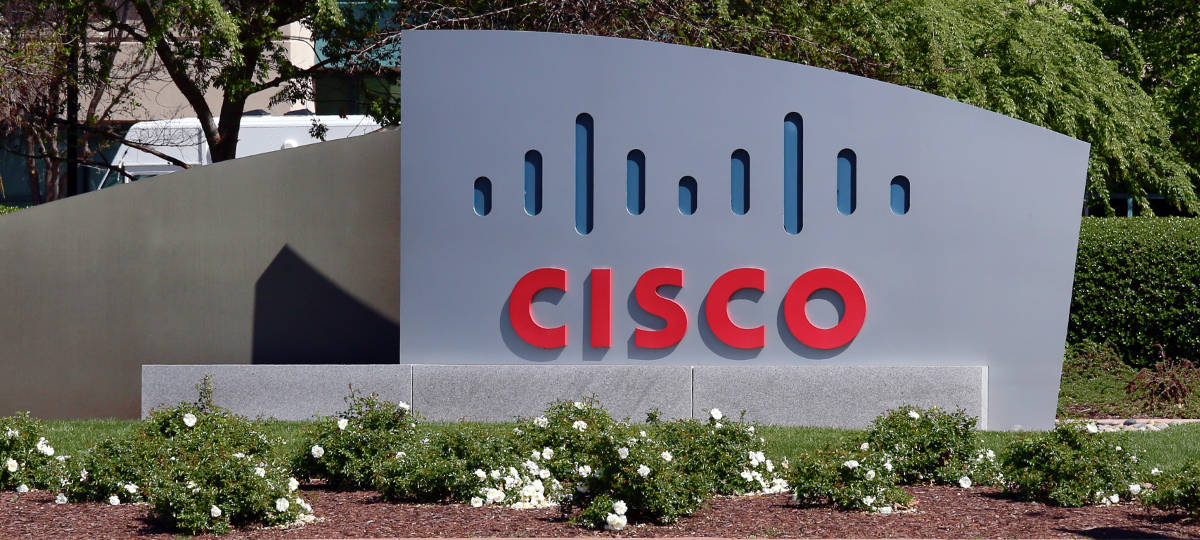IBM announced that it has entered into a definitive agreement to acquire The Weather Company’s B2B, mobile and cloud-based web properties, including WSI, weather.com, Weather Underground and The Weather Company brand. The TV segment –The Weather Channel –will not be acquired by IBM, but will license weather forecast data and analytics from IBM under a long-term contract.
The planned acquisition would bring together IBM’s powerful cognitive and analytics platform and The Weather Company’s dynamic cloud data platform, which powers the fourth most-used mobile app daily in the United States and handles 26 billion inquiries to its cloud-based services each day. The deal would extend the reach of IBM’s cloud data services capabilities and expand The Weather Company’s business capabilities and consumer reach on a global scale. The Weather Company’s cloud-based data platform will allow IBM to collect an even larger variety and higher velocity of global data sets, store them, analyze them and in turn distribute them and empower richer and deeper insights across the Watson platform.
“The Weather Company’s extremely high-volume data platform, coupled with IBM’s global cloud and the advanced cognitive computing capabilities of Watson, will be unsurpassed in the Internet of Things, providing our clients significant competitive advantage as they link their business and sensor data with weather and other pertinent information in real time,” said John Kelly, senior vice president, IBM Solutions Portfolio and Research. “This powerful cloud platform will position IBM to arm entire industries with deep multimodal insights that will help enterprises gain clarity and take action from the oceans of data being generated around them.”
Upon closing, IBM will acquire The Weather Company product and technology assets that include the world’s leading meteorological data science experts, precision forecasting capabilities and a high-volume cloud platform that ingests, processes, analyzes and distributes enormous data sets at scale in real time. The company’s sophisticated models analyze data from three billion weather forecast reference points, more than 40 million smartphones and 50,000 airplane flights per day, allowing it to offer a broad range of data-driven products and services to more than 5000 clients in the media, aviation, energy, insurance and government industries.
The Weather Company’s mobile and web properties handle seven times the volume of the world’s leading search engine, while serving 82 million unique monthly visitors. The Weather Company’s platform can ingest a wide range of data at massive speed and scale, supporting an incredible volume of queries at very low latency. IBM plans to advance The Weather Company’s digital advertising platform and skills, which have driven effective monetization of weather information through data-driven advertising, to build additional ad-sponsored consumer and business solutions.
“We see the next wave of improved forecasting coming from the intersection of atmospheric science, computer science and analytics,” said David Kenny, Chairman and CEO, The Weather Company. “Upon closing of this deal, The Weather Company will continue to be able to help improve the precision of weather forecasts and further deepen IBM’s Watson IoT capabilities by enabling the integration of global atmosphere and weather insights with enterprise information to create disruptive industry solutions that optimize decision-making.”
Cognitive insights derived from data generated by the Internet of Things are transforming the ways in which entire industries operate. For example, predictive weather analytics coupled with real-time analysis of social media chatter, detailed understanding of transportation flows and other related data can help retailers and distributors finely tune and maintain availability of vital goods in times of need. Airlines can save millions of dollars annually by tapping multiple real-time and historical data sources to optimize fuel consumption, reduce delays and airport congestion, and improve passenger safety during disruptive conditions.
Financial terms of the deal were not disclosed.















